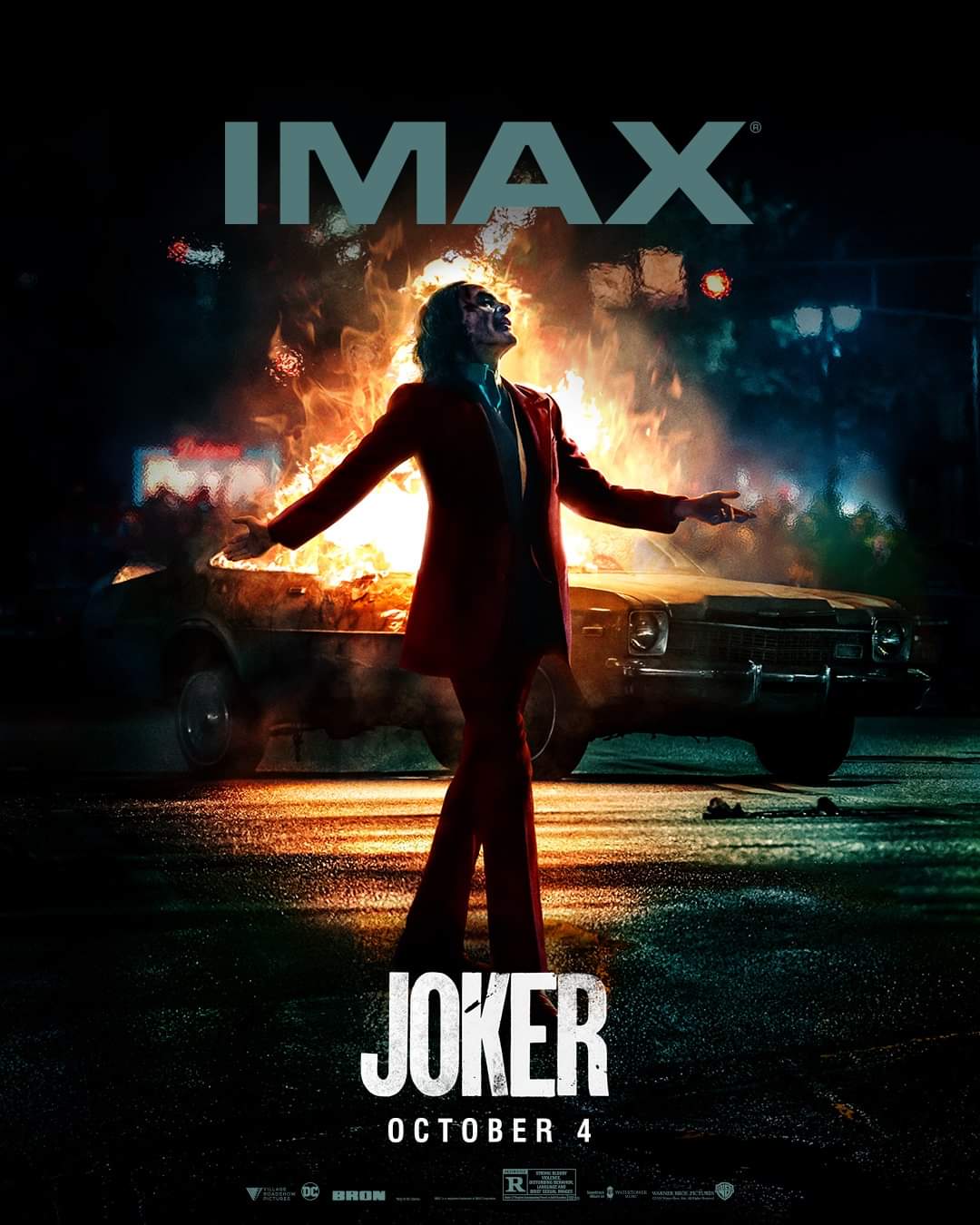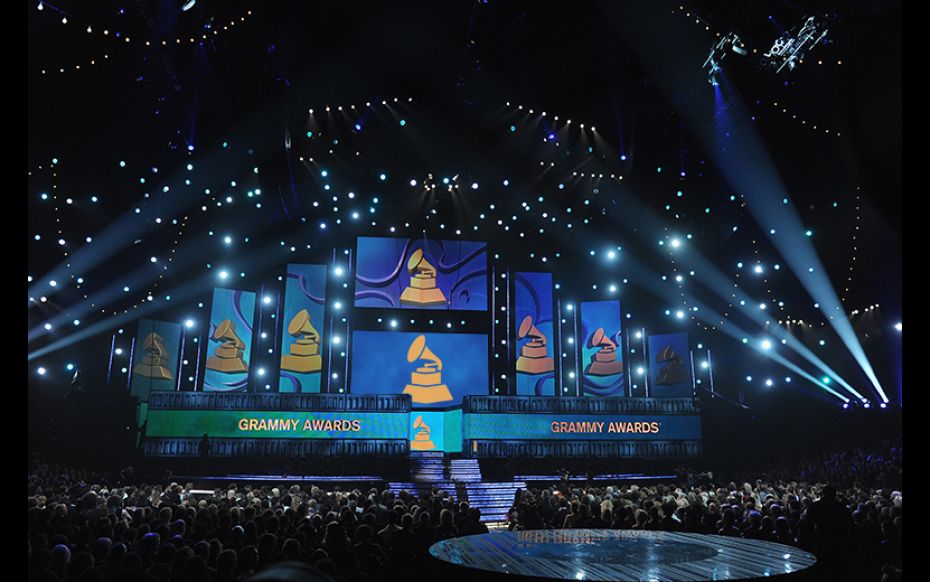I cannot have been the only one worried about “Joker”. With our most recent cinematic Joker being disastrous in Suicide Squad, a director (Todd Phillips) best known for the mixed-bag that is the Hangover Trilogy and with Warner Bros’s tendency to take popular characters and miss the mark completely (Fantastic Beasts’ Dumbledore anyone?), the odds were certainly not in Jokers favour.
Joker follows Arthur Fleck (Joaquin Phoenix) a depressed ‘clown for hire’ who has pseudobulbar affect, a condition summarised by a card he hands out which defines it as sudden, frequent uncontrollable laughter that does not match how he feels. Arthur aspires to appear on a talk show hosted by his idol Murray Franklin (Robert de Niro) yet finds himself living in a depressed tower block with his mother (Frances Conroy) and their neighbour Sophie (Zazie Beetz). However, due to events eerily similar to those in real life, Arthur begins a transformation into a man that will haunt the city of Gotham for decades to come.
The first praise Joker must receive is that of its lead. Joaquin Phoenix is phenomenal. He manages to do the unthinkable and provide a performance that rivals the late Heath Ledger, whom many consider as the definitive Joker. Regardless of whether the scene involves shocking acts of violence, moments of true tragedy or even interpretive dance in a bathroom, Phoenix manages to depict precisely where Arthur is on his journey to becoming the Joker. However, nearly everything else about this film deserves to be praised. From its directing, which deliberately places a constant state of tension and dread on the audience, to its score which blends joyous circus music with creepy drones to provide a hauntingly unique experience that could only work when dealing with the clown prince of crime.
The beauty of Jokers’ story, and an aspect I feel a lot of the recent controversy surrounding the film has missed, is that whilst you do support and empathise with Arthur, you are ultimately rooting for him not to snap under the weight of his life. This relates heavily to Joker’s theme of distorting comedy into a dark, unsettling tragedy, as even though by the film’s close Arthur will have finally found something to truly laugh about, it will still be a mournful end to his character. However, this is not to say that the plot is simple, on the contrary, by respecting its comic-book source, Joker’s storyline runs deeper than a 500-word review can detail and thus lends itself to multiple different interpretations. Therefore, by refusing to provide a definitive origin story, it allows the audience to use the film as a start point to come up with their own theories and origins for the infamous character.
Ultimately, Joker potentially signifies the dawn of a new type of comic-book movie. One that steps away from the loud, action-packed explosions of the MCU and instead takes a quieter, yet more adult approach on what would drive a man to evolve into one of the most infamous villains of the 20thand 21stcenturies.
Film and Television Paper Editor
Michael Humphreys





